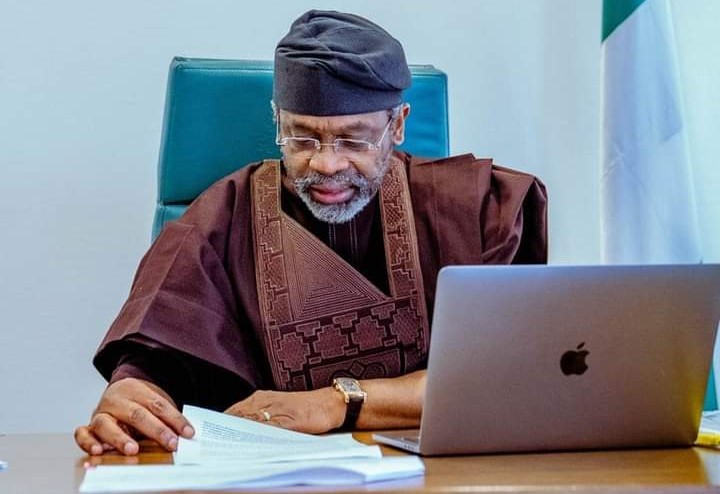Constitution Amendment: Let’s Re-Define Federal Character To Reflect Present Realities, Says Gbajabiamila
The Speaker of the House of Representatives, Hon. Femi Gbajabiamila, is seeking a re-definition of federal character as enshrined in the Nigerian constitution to align with the country’s present realities.
He said on Saturday in Abuja that federal character as presently-defined, was at variance with the nation’s realities, adding that it reduced national opportunities to geographical location and gave no consideration to gender, persons living with disabilities and age classification.
Advertisement
Gbajabiamila spoke at the Young Parliamentarians Forum (YPF) National Strategy Meeting and Retreat, which he declared open.
He explained, “In thinking outside the box, I think we should consider an amendment in the constitution to the definition of federal character because when we talk about Federal Character within the context of appointments, infrastructure and the rest of it in the constitution, Federal Character as it is, is limited to where you are from, like your ethnicity.
“In other words, the constitution says that appointment and all those other things shall be based on Federal Character and Federal Character as we know it now, we have the Igbos, we have the Hausas, the Yorubas. There should be a Geographical Spread.
“I think it’s time that we expand the definition of Federal Character because the character of a Nation is not just based on your tribe, it’s based on Religion, it’s based on where you are from, it’s based on your sex, it’s based on your age.
Advertisement
“So when you are talking about Federal Character you look at all those things and they are what make up the Federal Character.
“You talk about so so percentage of women, so so percentage of youth, that is the true meaning of Federal character and I think that is what should be reflected in the constitution.”
He praised the group for looking into issues affecting the younger generation, but he advised them to speak up lot more.
The speaker added, “This is an inspired choice because we know from the evidence of numbers, that any vision of our nation’s future that doesn’t address the expectations of Nigeria’s youth and fails to meet them at the point of their needs, will fail.
“Therefore, in thinking about the future, we must dedicate ourselves to asking three crucial questions.
Advertisement
“The first is how do we provide jobs that pay a living wage that allows young people to live full lives of achievement and contribution to our society?
“The second question is, how do we ensure that young people who want to participate in governance, who have valid contributions to make, have a clear path to political participation at all levels?
“And how do we ensure that the systems of justice in our country are sufficiently robust to protect our nation’s young people from exploitation and abuse in whatever form it might take?
“Intricately linked to these three questions, is a fourth, more fundamental question about education in Nigeria. Education is the silver bullet that solves problems and a key that opens doors.
“Education is how we ensure that our young people can participate fully in the 21st-century knowledge economy. Education allows a child born in Nigeria, to dream beyond their station, and to compete with peers everywhere in the world.
“Yet, we know that from primary through to tertiary, we still have an education system that isn’t designed to achieve innovation and transform society. How do we change that?”
Advertisement
The Clerk to the National Assembly (CNA), Mr Olatunde Amos Ojo, was also at the event. He commended young legislators for planning the retreat at a time of tension in the country owing to the #EndSARS protests and the associated violence.
The Special Adviser to the Speaker on Media and Publicity, Mr Lanre Lasisi, stated that the Chairman of YPF, Mr Kabir Tukura, disclosed that the group was working on white paper soon to to presented to President Muhammadu Buhari on what could be done to address issues affecting the youth, who made up 70 per cent of the country’s population.



